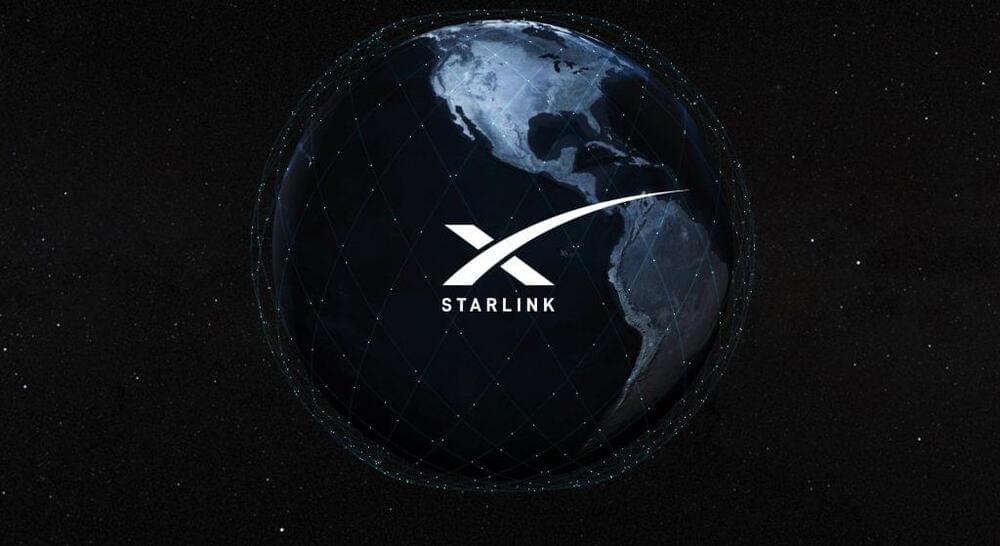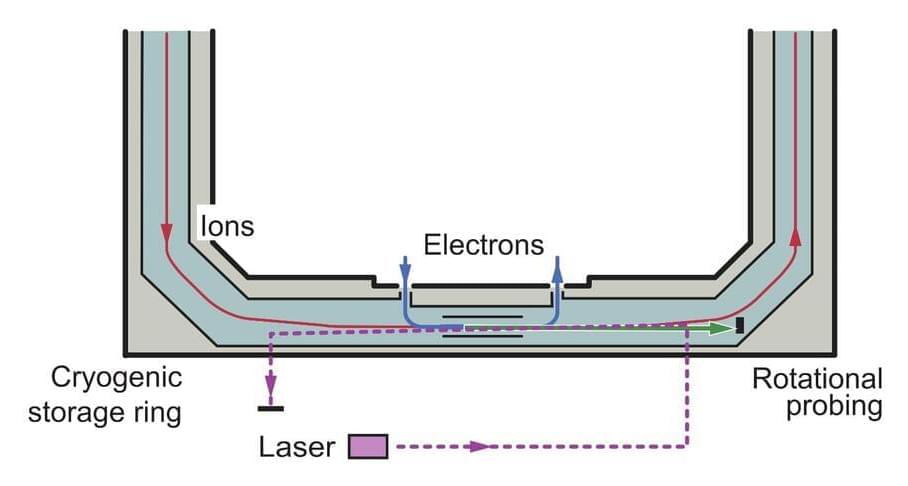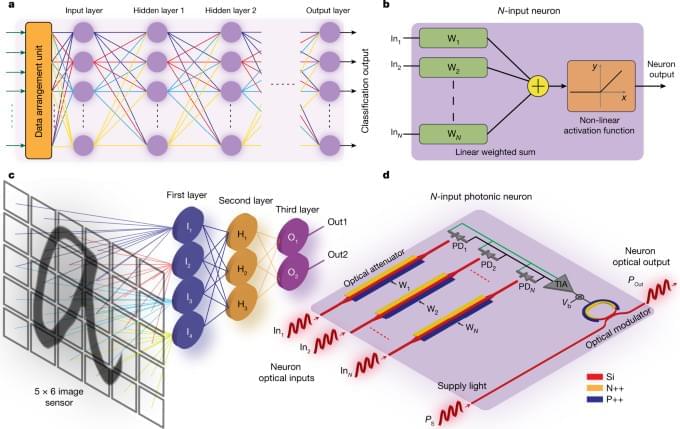SpaceX could begin launching the fourth of five orbital ‘shells’ of its first Starlink constellation as early as July, according to a report from a reliable source of SpaceX information.
The initial report tweeted on May 20th by reporter Alejandro Alcantarilla claimed that SpaceX was preparing to start launching “Group 3” of its first 4408-satellite Starlink constellation as early as July 2022. Less than a week later, those claims were confirmed when SpaceX applied for communications permits known as “special temporary authority” licenses or STAs for a launch known as “Starlink Group 3−1” no earlier than late June.
“Group 3” refers to one of five orbital “shells” that make up SpaceX’s 4408-satellite first-generation Starlink constellation. Each shell can be thought of more or less as, well, a shell – a thin layer of satellites more or less evenly distributed around the entire sphere of the Earth. Shells mainly differ by two measures: orbital inclination (the angle between a given orbit and the Earth’s equator) and orbital altitude (the distance from the orbit to the ground).







